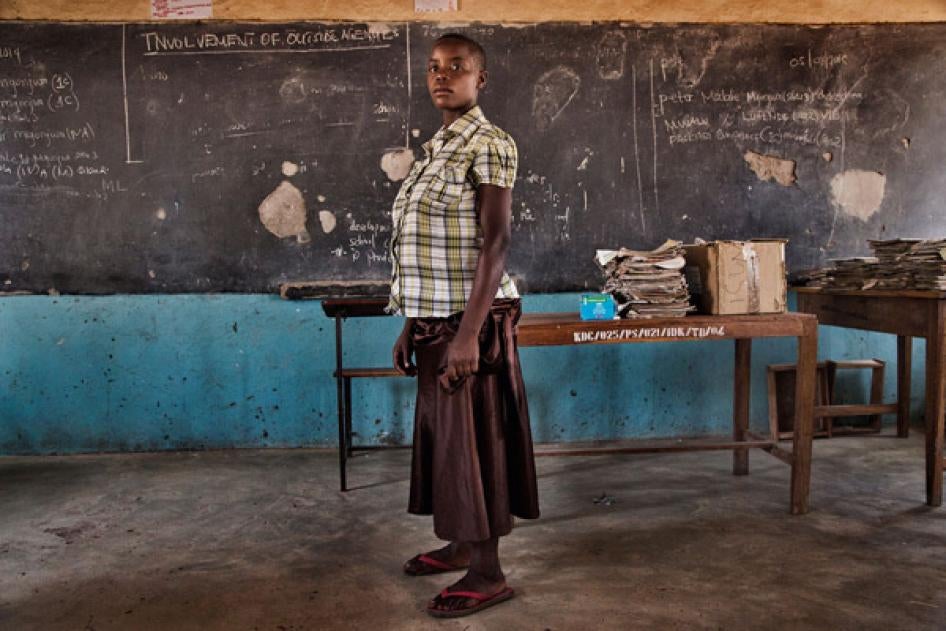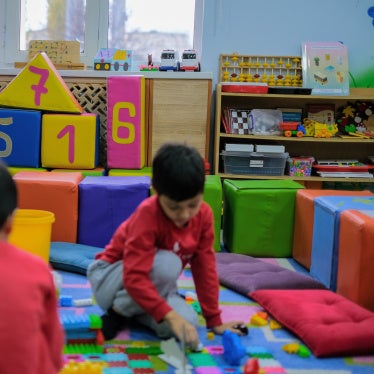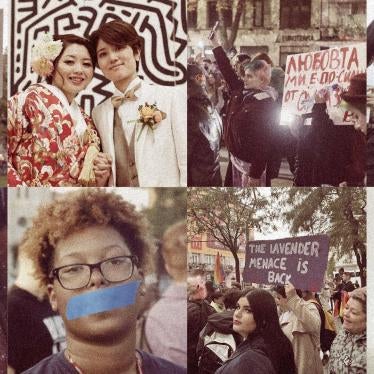In the last few days, social media has been alight with awareness-raising campaigns about International Women’s Day with catchy hashtags, photos, and infographics aimed at highlighting ongoing gender inequality. Governments have been called upon to ensure women and girls have equal access to rights in a range of sectors, including education.
I’ve seen governments and politicians showing hashtag solidarity, but are they actually taking steps to advance girls’ access to education on the ground? When will they really implement changes needed to #BuildGirlsUp and #LetGirlsLearn?
Last weekend, I attended a Women of the World event in Cambridge, England, where experts from several sectors discussed what exactly is preventing girls from getting into and staying in school. They agreed that numerous factors play a role, including early marriage, pregnancy, disabilities, lack of accommodation for menstrual hygiene, cultural beliefs, and traditional caregiver roles.
These barriers are not new.
Nor is this a new debate. Some 63 million girls are currently denied access to education, their birthright, and there has been little change in the gender gap in recent years. Girls remain twice as likely as boys to be out of school. Almost 16 million girls alive today and aged 6 to 11 will never go to school if current trends persist. Current government policies are already failing another generation of girls. Yet, as one panelist reminded us, this is the generation that, if educated and empowered, could end child marriage for their own daughters.
State obligations to realize this right to education exist in international law, but governments are failing to implement the law. The recurring message from panelists was that, despite the range of barriers, political will to implement the legal framework and support from nongovernmental groups can see this right made reality.
We've been saying that girls need access to education for decades. After another week of talk about girls’ rights and calls for change, we need to see concrete action, including concerning the allocation of resources and development of specific plans, policies, and timelines. It's time to help those 63 million girls regain their birthright and to secure it for those who are coming next.









